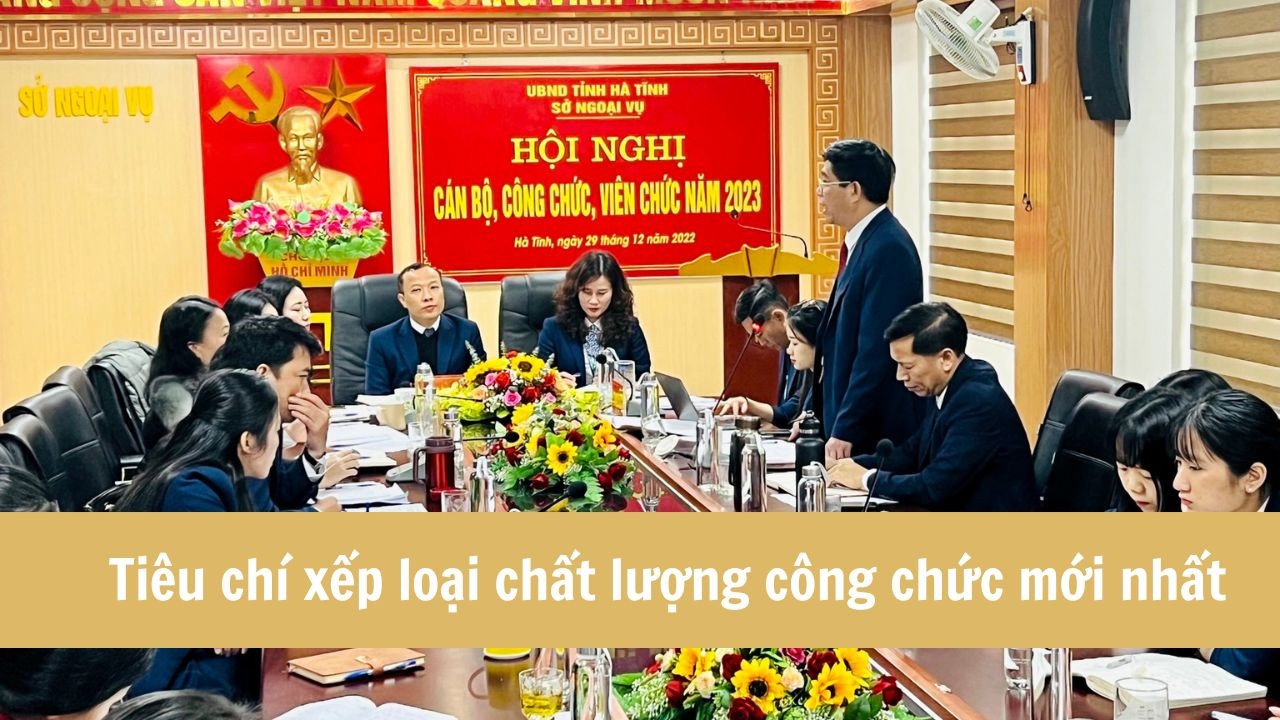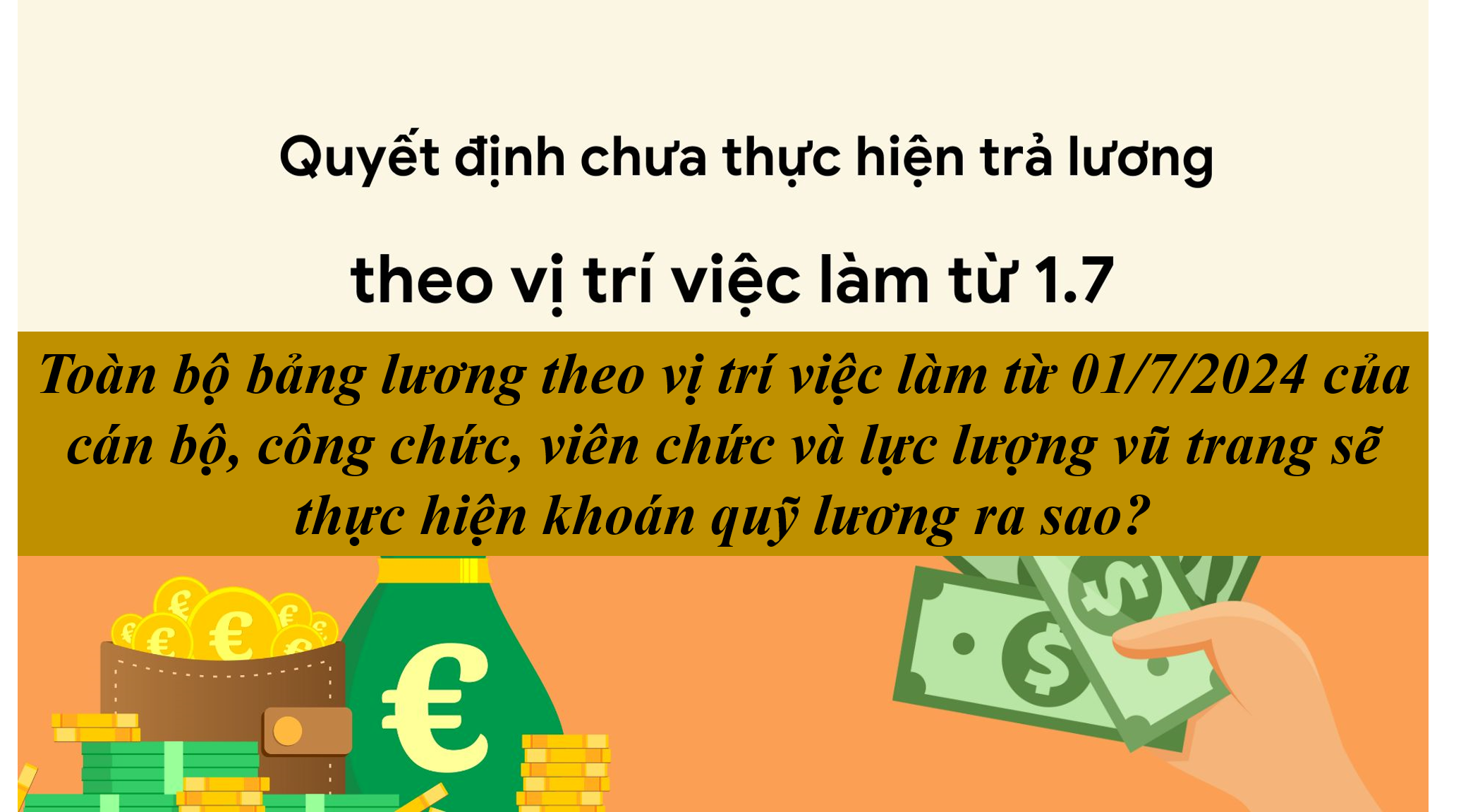 Tìm kiếm
Tìm kiếm
Chương I Luật cán bộ, công chức 2008: Những quy định chung
| Số hiệu: | 22/2008/QH12 | Loại văn bản: | Luật |
| Nơi ban hành: | Quốc hội | Người ký: | Nguyễn Phú Trọng |
| Ngày ban hành: | 13/11/2008 | Ngày hiệu lực: | 01/01/2010 |
| Ngày công báo: | 10/03/2009 | Số công báo: | Từ số 143 đến số 144 |
| Lĩnh vực: | Bộ máy hành chính | Tình trạng: | Còn hiệu lực |
TÓM TẮT VĂN BẢN
Văn bản tiếng việt
Văn bản tiếng anh
Luật này quy định về cán bộ, công chức; bầu cử, tuyển dụng, sử dụng, quản lý cán bộ, công chức; nghĩa vụ, quyền của cán bộ, công chức và điều kiện bảo đảm thi hành công vụ.
Hoạt động công vụ của cán bộ, công chức là việc thực hiện nhiệm vụ, quyền hạn của cán bộ, công chức theo quy định của Luật này và các quy định khác có liên quan.
1. Tuân thủ Hiến pháp và pháp luật.
2. Bảo vệ lợi ích của Nhà nước, quyền, lợi ích hợp pháp của tổ chức, công dân.
3. Công khai, minh bạch, đúng thẩm quyền và có sự kiểm tra, giám sát.
4. Bảo đảm tính hệ thống, thống nhất, liên tục, thông suốt và hiệu quả.
5. Bảo đảm thứ bậc hành chính và sự phối hợp chặt chẽ.
1. Cán bộ là công dân Việt Nam, được bầu cử, phê chuẩn, bổ nhiệm giữ chức vụ, chức danh theo nhiệm kỳ trong cơ quan của Đảng Cộng sản Việt Nam, Nhà nước, tổ chức chính trị - xã hội ở trung ương, ở tỉnh, thành phố trực thuộc trung ương (sau đây gọi chung là cấp tỉnh), ở huyện, quận, thị xã, thành phố thuộc tỉnh (sau đây gọi chung là cấp huyện), trong biên chế và hưởng lương từ ngân sách nhà nước.
2. Công chức là công dân Việt Nam, được tuyển dụng, bổ nhiệm vào ngạch, chức vụ, chức danh trong cơ quan của Đảng Cộng sản Việt Nam, Nhà nước, tổ chức chính trị - xã hội ở trung ương, cấp tỉnh, cấp huyện; trong cơ quan, đơn vị thuộc Quân đội nhân dân mà không phải là sĩ quan, quân nhân chuyên nghiệp, công nhân quốc phòng; trong cơ quan, đơn vị thuộc Công an nhân dân mà không phải là sĩ quan, hạ sĩ quan chuyên nghiệp và trong bộ máy lãnh đạo, quản lý của đơn vị sự nghiệp công lập của Đảng Cộng sản Việt Nam, Nhà nước, tổ chức chính trị - xã hội (sau đây gọi chung là đơn vị sự nghiệp công lập), trong biên chế và hưởng lương từ ngân sách nhà nước; đối với công chức trong bộ máy lãnh đạo, quản lý của đơn vị sự nghiệp công lập thì lương được bảo đảm từ quỹ lương của đơn vị sự nghiệp công lập theo quy định của pháp luật.
3. Cán bộ xã, phường, thị trấn (sau đây gọi chung là cấp xã) là công dân Việt Nam, được bầu cử giữ chức vụ theo nhiệm kỳ trong Thường trực Hội đồng nhân dân, Ủy ban nhân dân, Bí thư, Phó Bí thư Đảng ủy, người đứng đầu tổ chức chính trị - xã hội; công chức cấp xã là công dân Việt Nam được tuyển dụng giữ một chức danh chuyên môn, nghiệp vụ thuộc Ủy ban nhân dân cấp xã, trong biên chế và hưởng lương từ ngân sách nhà nước.
1. Bảo đảm sự lãnh đạo của Đảng Cộng sản Việt Nam, sự quản lý của Nhà nước.
2. Kết hợp giữa tiêu chuẩn chức danh, vị trí việc làm và chỉ tiêu biên chế.
3. Thực hiện nguyên tắc tập trung dân chủ, chế độ trách nhiệm cá nhân và phân công, phân cấp rõ ràng.
4. Việc sử dụng, đánh giá, phân loại cán bộ, công chức phải dựa trên phẩm chất chính trị, đạo đức và năng lực thi hành công vụ.
5. Thực hiện bình đẳng giới.
Nhà nước có chính sách để phát hiện, thu hút, bồi dưỡng, trọng dụng và đãi ngộ xứng đáng đối với người có tài năng.
Chính phủ quy định cụ thể chính sách đối với người có tài năng.
Trong Luật này, các từ ngữ sau đây được hiểu như sau:
1. Cơ quan sử dụng cán bộ, công chức là cơ quan, tổ chức, đơn vị được giao thẩm quyền quản lý, phân công, bố trí, kiểm tra việc thực hiện nhiệm vụ, quyền hạn của cán bộ, công chức.
2. Cơ quan quản lý cán bộ, công chức là cơ quan, tổ chức, đơn vị được giao thẩm quyền tuyển dụng, bổ nhiệm, nâng ngạch, nâng lương, cho thôi việc, nghỉ hưu, giải quyết chế độ, chính sách và khen thưởng, kỷ luật đối với cán bộ, công chức.
3. Vị trí việc làm là công việc gắn với chức danh, chức vụ, cơ cấu và ngạch công chức để xác định biên chế và bố trí công chức trong cơ quan, tổ chức, đơn vị.
4. Ngạch là tên gọi thể hiện thứ bậc về năng lực và trình độ chuyên môn, nghiệp vụ của công chức.
5. Bổ nhiệm là việc cán bộ, công chức được quyết định giữ một chức vụ lãnh đạo, quản lý hoặc một ngạch theo quy định của pháp luật.
6. Miễn nhiệm là việc cán bộ, công chức được thôi giữ chức vụ, chức danh khi chưa hết nhiệm kỳ hoặc chưa hết thời hạn bổ nhiệm.
7. Bãi nhiệm là việc cán bộ không được tiếp tục giữ chức vụ, chức danh khi chưa hết nhiệm kỳ.
8. Giáng chức là việc công chức giữ chức vụ lãnh đạo, quản lý bị hạ xuống chức vụ thấp hơn.
9. Cách chức là việc cán bộ, công chức lãnh đạo, quản lý không được tiếp tục giữ chức vụ lãnh đạo, quản lý khi chưa hết nhiệm kỳ hoặc chưa hết thời hạn bổ nhiệm.
10. Điều động là việc cán bộ, công chức được cơ quan có thẩm quyền quyết định chuyển từ cơ quan, tổ chức, đơn vị này đến làm việc ở cơ quan, tổ chức, đơn vị khác.
11. Luân chuyển là việc cán bộ, công chức lãnh đạo, quản lý được cử hoặc bổ nhiệm giữ một chức danh lãnh đạo, quản lý khác trong một thời hạn nhất định để tiếp tục được đào tạo, bồi dưỡng và rèn luyện theo yêu cầu nhiệm vụ.
12. Biệt phái là việc công chức của cơ quan, tổ chức, đơn vị này được cử đến làm việc tại cơ quan, tổ chức, đơn vị khác theo yêu cầu nhiệm vụ.
13. Từ chức là việc cán bộ, công chức lãnh đạo, quản lý đề nghị được thôi giữ chức vụ khi chưa hết nhiệm kỳ hoặc chưa hết thời hạn bổ nhiệm.
Article 1. .Scope of regulation and subjects of application
This Law provides for cadres and civil servants; election, recruitment, employment and management of cadres and civil servants; obligations and rights of cadres and civil servants, and conditions to assure public-duty performance.
Article 2. Public duties of cadres and civil servants
Public duties of cadres and civil servants are to perform tasks and exercise powers of cadres and civil servants under this Law and other relevant regulations.
Article 3. Principles in public-duty performance
1. Compliance with the Constitution and laws.
2. Protection of the interests of the State and lawful rights and interests of organizations and citizens.
3. Publicity, transparency, performance within competence, and submission to examination and supervision.
4. Assurance of systematism, uniformity, continuity, smoothness and effectiveness.
5. Assurance of administrative hierarchy and close coordination.
Article 4. Cadres, civil servants
1. Cadres are Vietnamese citizens who are elected, approved and appointed to hold posts or titles for a given term of office in agencies of the Communist Party of Vietnam, the State, socio-political organizations at the central level, in provinces and centrally run cities (below collectively referred to as provincial level), in districts, towns and provincial cities (below collectively referred to as district level), included in the payrolls and salaried from the state budget.
2. Civil servants are Vietnamese citizens who are recruited and appointed to ranks, posts or titles in agencies of the Communist Party of Vietnam, the State, socio-political organizations at the central, provincial and district levels; in People’s Army agencies and units, other than officers, professional military personnel and defense workers; in People’s Police offices and units other than officers and professional non-commissioned officers, and in the leading and managerial apparatuses of public non-business units of the Communist Party of Vietnam, the State and socio-political organizations (below collectively referred to as public non-business units), included in the payrolls and salaried from the state budget; for civil servants in the leading and managerial apparatuses of public non-business units, they are salaried from the salary funds of these units according to law.
3. Cadres of communes, wards and townships (below collectively referred to as commune level) are Vietnamese citizens who are elected to hold posts for a given term of office in People’s Council standing bodies and People’s Committees, as Party secretaries and deputy secretaries, and as heads of socio-political organizations. Commune-level civil servants are Vietnamese citizens who are recruited to hold specialized titles in commune-level People’s Committees, included in the payrolls and salaried from the state budget.
Article 5. Principles of management of cadres and civil servants
1. Assurance of Party leadership and stale management.
2. Combination between title criteria, working positions and payroll quotas.
3. Adherence to the principle of democratic centralism, the individual responsibility regime and clear assignment of tasks and decentralization of powers.
The employment, evaluation and grading of cadres and civil servants musl be based on their political qualities, ethics and public-duty performance capability.
5. Implementation of gender equality.
Article 6. Policies toward talented persons
The State implements policies to discover, attract, foster, employ in proper positions and well treat talented persons.
The Government shall adopt specific policies towards talented persons.
Article 7. Interpretation of terms
In this Law. the terms and phrases below are construed as follows:
1. Agency employing cadres and civil servants means an agency, organization or unit assigned to manage, assign and arrange tasks and powers to cadres and civil servants and examine them in performing tasks and exercising powers.
2. Agency managing cadres and civil servants means an agency, organization or unit assigned to recruit and appoint cadres and civil servants, promote them to higher ranks and increase iheii salaries, permit them to discontinue work or retire, implement regimes and policies towards, and reward and discipline cadres and civil servants.
3. Working position means a job linked with a civil servant title, post, structure and rank as a basis for determining the payroll of, and arranging jobs for civil servants in, an agency, organization or unit.
4. Rank indicates the level of specialized and professional capability and qualification of a civil servant.
5. Appoint means to decide on a cadre or civil servant to hold a leading or managerial post or a rank according to law.
6. Relieve of duty means to allow a cadre or civil servant to discontinue holding a post or title before the end of the term of office or appointment.
7. Remove from office means to disallow a cadre or civil servant to hold a post or title before the end of the term of office.
8. Demote means to reduce a cadre or civil servant holding a leading or managerial post to a lower one.
9. Dismiss means to disallow a cadre or civil servant to hold a leading or managerial post before the end of the term of office or appointment.
10. Transfer means a competent agency to decide to send a cadre or civil servant from one agency, organization or unit to another.
11. Rotate means to assign or appoint a managerial or leading cadre or civil servant to hold another leading or managerial title for a given period in order to further train and retrain him/her in response to task requirements.
12. Second means to send a civil servant of one agency, organization or unit to work at another in response to task requirements.
13. Resign means a leading or managerial cadre or civil servant to ask for permission to give up his/her post before the end of the term of office or appointment.
Cập nhật
Bài viết liên quan
Có được thanh toán nghỉ phép năm đối với cán bộ công chức thôi việc không?

Có được thanh toán nghỉ phép năm đối với cán bộ công chức thôi việc không?
Việc thanh toán nghỉ phép năm đối với cán bộ, công chức thôi việc là một vấn đề quan trọng, liên quan trực tiếp đến quyền lợi của người lao động khi kết thúc công tác tại cơ quan nhà nước. Theo các quy định hiện hành, cán bộ, công chức khi thôi việc có quyền được thanh toán số ngày nghỉ phép năm chưa sử dụng, tuy nhiên, việc này còn phụ thuộc vào một số yếu tố nhất định. Bài viết này sẽ làm rõ các quy định pháp lý liên quan và điều kiện để được thanh toán nghỉ phép năm trong trường hợp cán bộ, công chức thôi việc. 26/12/2024Số ngày nghỉ phép năm đối với cán bộ, công chức là bao nhiêu?

Số ngày nghỉ phép năm đối với cán bộ, công chức là bao nhiêu?
Số ngày nghỉ phép năm đối với cán bộ, công chức là một trong những quyền lợi quan trọng, giúp đảm bảo sức khỏe và tinh thần làm việc của người lao động trong khu vực công. Theo quy định của pháp luật Việt Nam, số ngày nghỉ phép này được xác định dựa trên các yếu tố như thâm niên công tác và quy định tại các văn bản pháp lý liên quan. Trong bài viết này, chúng ta sẽ cùng tìm hiểu chi tiết về số ngày nghỉ phép năm của cán bộ, công chức, cũng như các quy định và điều kiện đi kèm. 26/12/2024Mẫu giấy nghỉ phép dành cho cán bộ, công chức mới nhất 2025

Mẫu giấy nghỉ phép dành cho cán bộ, công chức mới nhất 2025
Giấy nghỉ phép là một tài liệu quan trọng, giúp cán bộ, công chức thông báo về việc vắng mặt trong công việc do lý do sức khỏe, gia đình hoặc các tình huống bất khả kháng khác. Mẫu giấy nghỉ phép dành cho cán bộ, công chức trong năm 2025 có một số thay đổi về nội dung và hình thức để phù hợp với quy định mới, giúp quản lý nhân sự hiệu quả hơn. Bài viết này sẽ cung cấp thông tin về mẫu giấy nghỉ phép mới nhất. 26/12/2024Mức lương cơ sở tăng như thế nào từ ngày 01/07/2024

Mức lương cơ sở tăng như thế nào từ ngày 01/07/2024
Lương cơ sở là mức lương để dùng làm căn cứ tính mức lương trong các bảng lương. Lương cơ sở là cơ sở để tính mức lương của người lao động có thể nhận được khi làm việc trong một cơ quan, tổ chức, doanh nghiệp, đơn vị nào đó. Vậy lương cơ sở là gì? Mức lương cơ sở tăng như thế nào từ ngày 01/07/2024. Bạn hãy tìm câu trả lời thông qua bài viết dưới đây. 16/11/2024Tiêu chí đánh giá, xếp loại chất lượng công chức mới nhất năm 2024

Tiêu chí đánh giá, xếp loại chất lượng công chức mới nhất năm 2024
Trong bối cảnh nền hành chính hiện đại, việc nâng cao chất lượng đội ngũ công chức là vô cùng quan trọng. Tiêu chí xếp loại chất lượng công chức không chỉ phản ánh năng lực cá nhân mà còn ảnh hưởng đến hiệu quả công việc và sự phục vụ người dân. Vậy hiện nay tiêu chí xếp loại chất lượng công chức được quy định như thế nào? 15/11/2024Miễn nhiệm là gì? Phân biệt miễn nhiệm, bãi nhiệm và cách chức

Miễn nhiệm là gì? Phân biệt miễn nhiệm, bãi nhiệm và cách chức
Miễn nhiệm là gì? Phân biệt miễn nhiệm, bãi nhiệm và cách chức 04/11/2024Toàn bộ bảng lương theo vị trí việc làm từ 01/7/2024 của cán bộ, công chức, viên chức và lực lượng vũ trang sẽ thực hiện khoán quỹ lương ra sao?

Toàn bộ bảng lương theo vị trí việc làm từ 01/7/2024 của cán bộ, công chức, viên chức và lực lượng vũ trang sẽ thực hiện khoán quỹ lương ra sao?
Toàn bộ bảng lương theo vị trí việc làm từ 01/7/2024 của cán bộ, công chức, viên chức và lực lượng vũ trang sẽ thực hiện khoán quỹ lương ra sao? 04/11/2024Những quy định về nghỉ không lương mà người lao động cần biết

Những quy định về nghỉ không lương mà người lao động cần biết
Nghỉ không hưởng lương là việc người lao động xin nghỉ trong các trường hợp cần thiết hay những sự kiện quan trọng. Tuy nhiên, vì những lý do khác nhau, nhiều người lao động không nắm được quy định về việc nghỉ không lương làm ảnh hưởng đến quyền và nghĩa vụ của bản thân. Bài viết dưới đây sẽ cung cấp thông tin chính xác về vấn đề này! 03/11/2024Khi nào được đặc cách xét thăng hạng chức danh nghề nghiệp viên chức ?


 Luật cán bộ, công chức 2008 (Bản Word)
Luật cán bộ, công chức 2008 (Bản Word)
 Luật cán bộ, công chức 2008 (Bản Pdf)
Luật cán bộ, công chức 2008 (Bản Pdf)